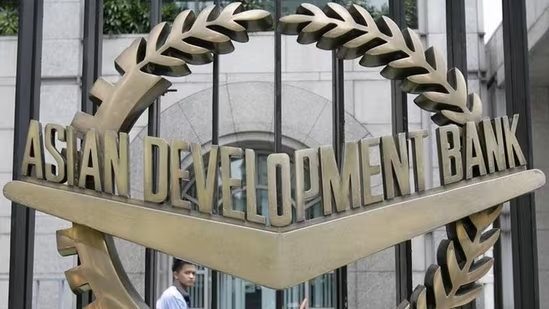25 september 2024 : the Asian Development Bank (ADB) projected India’s economic growth at 7 percent for the financial year FY2024 and 7.2 percent for FY2025, reaffirming the country’s strong economic outlook.
Mio Oka, ADB’s Country Director for India, stated, “India’s economy has demonstrated remarkable resilience amidst global geopolitical challenges and is set for steady growth.” He noted that improvements in agriculture will boost rural spending, complementing the strong performance of the industrial and services sectors.
In its September edition of the Asian Development Outlook (ADO), ADB emphasized that an above-average monsoon in most regions is expected to drive significant agricultural growth, benefiting the rural economy in FY2024. The report maintains a positive outlook for private investment and urban consumption for both FY2024 and FY2025. Additionally, the government’s new policy offering employment-linked incentives to workers and firms could increase labor demand and support job creation starting in FY2025.
The report also mentioned that due to the government’s fiscal consolidation efforts, the central government debt is expected to decline from 58.2% of GDP in FY2023 to 56.8% in FY2024, with the overall government deficit projected to fall below 8% of GDP in FY2024.
Consumer inflation is anticipated to rise to 4.7 percent in FY2024, driven by high food prices, despite expectations of increased agricultural output. ADB pointed out that this elevated inflation has prevented the Reserve Bank of India (RBI) from reducing policy interest rates. However, if improved agricultural supply leads to a decrease in food price increases, the central bank may begin to lower policy rates in FY2024, which would enhance credit expansion prospects.
The current account deficit is forecasted to be 1.0 percent of GDP in FY2024 and 1.2 percent in FY2025, a revision from the earlier prediction of 1.7 percent for both years, due to improved exports, reduced imports, and strong remittance inflows.
The ADB’s outlook is contingent on the central government meeting its capital expenditure targets in FY2024. It noted that risks could be mitigated by increased foreign direct investment, which would support growth and investment, especially in manufacturing. Furthermore, enhancements in agricultural supply could help lower food prices and potentially bring consumer inflation below the forecasted levels.

